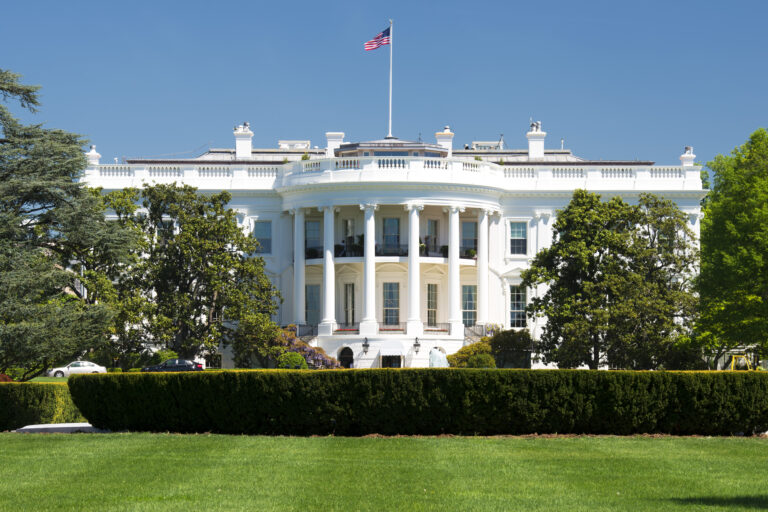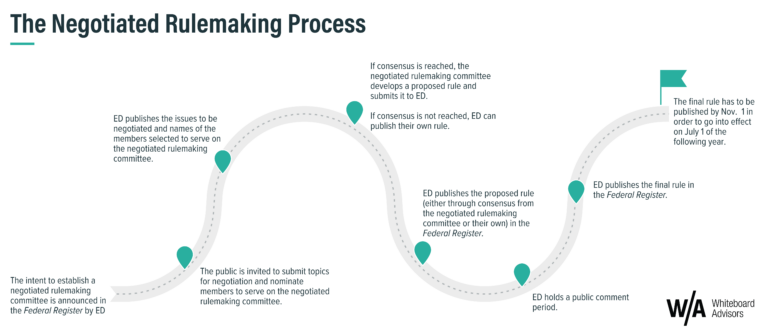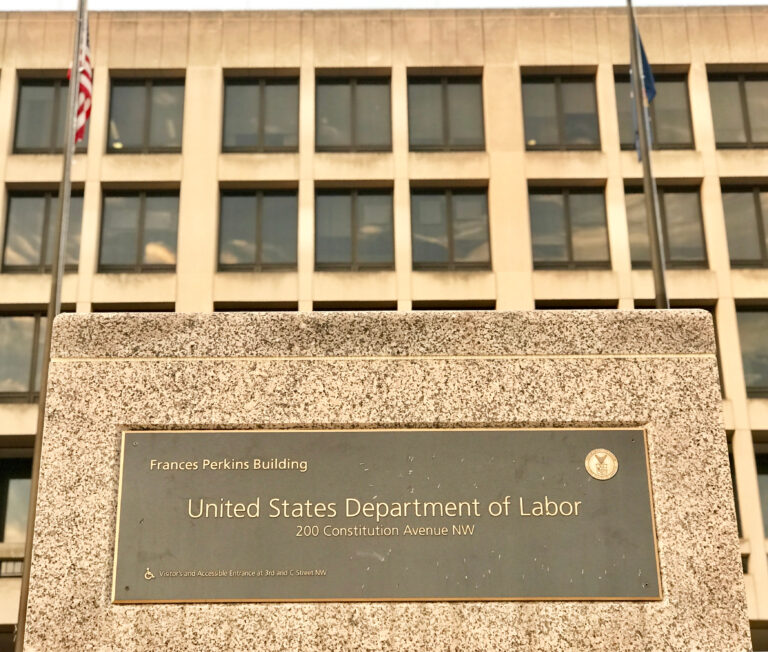In the past month, nearly 3 million students graduating from college this year walked across the stage to collect a diploma and a handshake. But millions more students lacked some of the data that might help guide them through one of the most important investment of their lives.
In large part, students don’t have information on things like graduation rates or graduate earnings because federal law imposes severe restrictions on the U.S. Department of Education’s ability to collect student-level information. As a Democrat and Republican who have served in federal policymaking roles on and off of Capitol Hill, we bear a measure of responsibility for the existence of the law.
In the past month, nearly 3 million students graduating from college this year walked across the stage to collect a diploma and a handshake. But millions more students lacked some of the data that might help guide them through one of the most important investment of their lives.
In large part, students don’t have information on things like graduation rates or graduate earnings because federal law imposes severe restrictions on the U.S. Department of Education’s ability to collect student-level information. As a Democrat and Republican who have served in federal policymaking roles on and off of Capitol Hill, we bear a measure of responsibility for the existence of the law.
One of us helped lay the groundwork for the ban as a higher education policy adviser to the chairman of the House Committee on Education and the Workforce. The other spent seven years in the Obama administration designing initiatives to increase transparency for students, such as the College Scorecard, but never proposed revisiting the ban.
Read the full article here.




